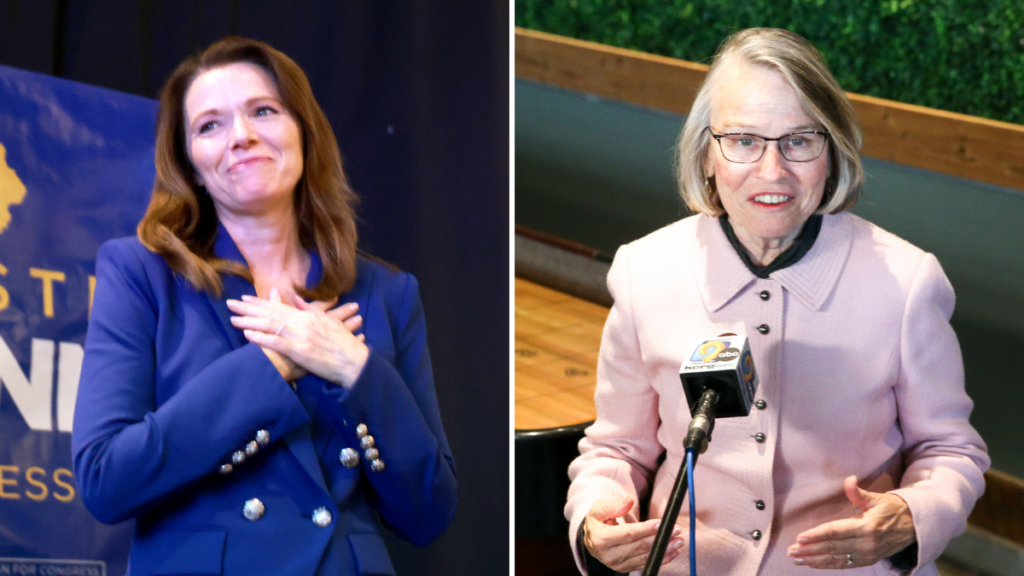Iowa’s 2024 election results have been officially certified by county boards of supervisors, but several races remain contentious enough to prompt potential recount requests before the deadline of November 18. Candidates on the ballot have the opportunity to request a recount if the margin of victory is especially narrow, with a few already indicating intentions to do so. In particular, the race for Iowa’s 1st Congressional District, where Republican incumbent Mariannette Miller-Meeks narrowly leads Democrat Christina Bohannan by 802 votes, is likely to draw scrutiny, especially given Miller-Meeks’ previous win by a mere six votes after a recount in the 2020 election.
Miller-Meeks declared victory early in the election cycle, but Bohannan has refrained from conceding and noted that the race was still “too close to call.” She expressed a commitment to ensuring that every lawful vote is counted while awaiting the official certification from all 20 counties in the district. Similarly, in Iowa Senate District 14, Republican candidate Mark Hanson, who trails Democratic incumbent Sarah Trone Garriott by 24 votes, has yet to decide about a potential recount, citing the closeness of the race. Trone Garriott, who ran on a platform supporting reproductive rights and progressive tax policies, saw her lead grow from an initial margin of 19 votes after absentee ballots were counted.
Several other races have emerged as critical, including Senate District 20, where incumbent Democrat Nate Boulton is trailing Republican challenger Mike Pike by 44 votes. Boulton has confirmed plans to request a recount to ensure accurate results and reflect voter intent, particularly focused on the confirmation of write-in votes and potential undervotes that machines may have misread. The district serves a diverse demographic including parts of Des Moines and surrounding areas, highlighting the importance of each vote in determining representation.
Furthermore, Republican candidate Nathan Ramker, running for Iowa House District 98, intends to request a recount after falling behind Democratic opponent Monica Kurth by 45 votes. Encouraged by supporters to pursue a recount despite the slim chances of turning the results around, Ramker enters the fray as a newcomer to politics with aspirations to challenge a seasoned incumbent. The ongoing dynamics in Iowa’s electoral landscape underscore the significance of each race and the potential for recounts to reshape outcomes.
As candidates prepare their recount requests, they must do so before the November 18 deadline—set three days after the county canvass of results. Candidates can request recounts if they are eligible and their races are close enough according to specific margins defined by state law. Recount procedures in Iowa involve the formation of recount boards in each county, which must include representatives from both campaigns and is overseen by the county auditor. The process emphasizes transparency and accuracy, crucial components in maintaining the integrity of elections.
Ultimately, with several races featuring margins that triggered potential recounts, the Iowa election scene remains fluid. The impact of such recounts could influence party dynamics and legislative agendas as the state navigates these pivotal contests. Candidates have until the deadline to finalize their decisions, and as recounts proceed, the methods and protocols employed will ensure that Iowans’ voices are accurately represented in the state’s political framework. The developments in these close races will continue to be scrutinized and analyzed as Iowans await the final determinations of their electoral outcomes.

